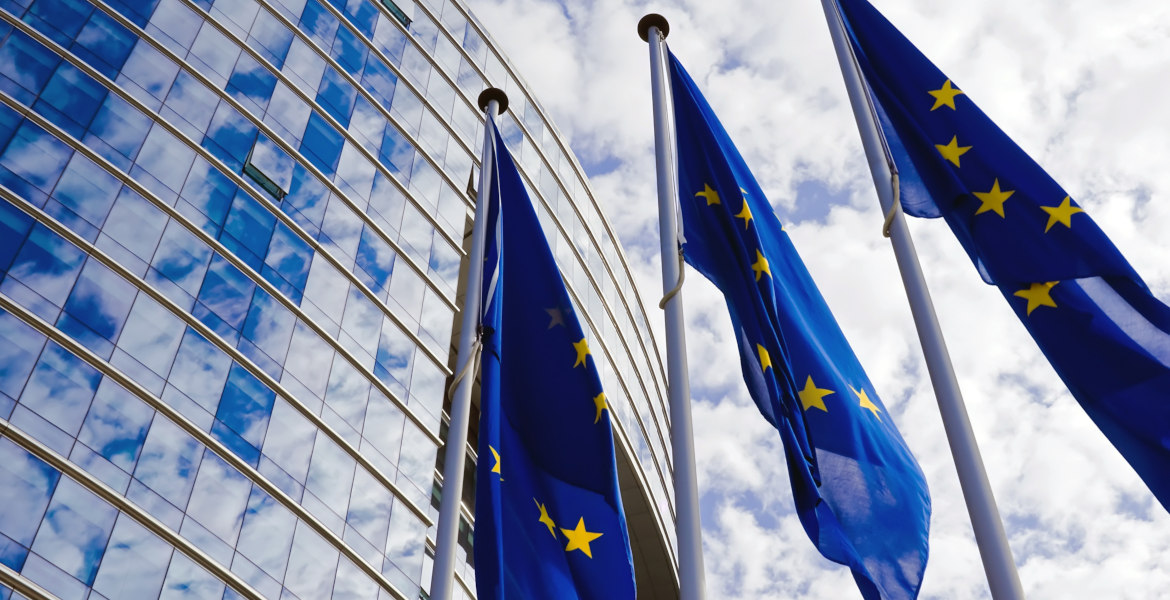A British teenager who had been missing since 2017 was found by a truck driver in France. The boy, now 17, revealed that he had been abducted by his mother.
Alex Batty, then 11, went on vacation to Spain with his mother and grandfather in 2017, but neither returned to the UK as planned. Alex, who was living with his grandmother and guardian, was found wandering alone along a road near Toulouse by truck driver Fabien Accidini.
The driver said the boy initially introduced himself as Zach, but later revealed his real name and began to tell his story. He said he had been living in a luxury home in Spain with his mother and about 10 other people as part of a spiritual community, the UK's Standard newspaper reported.
– Alex told me his mother was a little crazy but she never imprisoned him, the driver said.
Grandmother Susan Caruana had already expressed her suspicions in 2018 that her ex-husband and daughter, Alex's mother, had kidnapped the boy.
Alex told Accidini that he arrived in France in 2021 and had recently decided to leave his mother and return to the UK. He had been hiking in the Pyrenees for several days before he was found.
French police have confirmed that they have located Alex Batty. He is currently in the care of social services waiting to be returned to his grandmother in the UK. His mother and grandfather are still missing and police have not been able to locate them.
Police in the UK confirm that they are in contact with French police to establish the "authenticity of the report".
"This is a complex and long-running investigation, and we need to make further enquiries as well as putting appropriate safeguarding measures in place", they said in a statement.




